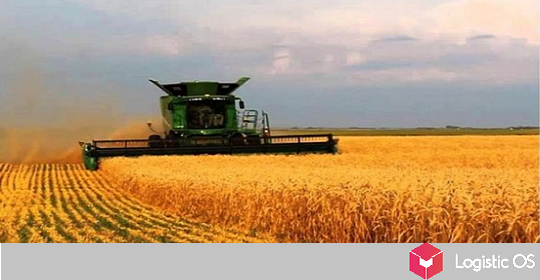In early February, several foreign seed companies sent letters to Russian partners about the termination of cooperation.
In particular, these are Bayer and Syngenta companies.
According to the information in these letters, applications for the purchase of hybrids and sunflower seeds are no longer accepted, already concluded contracts are canceled, shipments will not be carried out.
The formal reason for the refusal to cooperate is the alleged restrictions on the import of seeds by Russia itself.
Foreign companies refer to the fact that on February 1, the Rosselkhoznadzor banned the import of Syngenta Seeds seeds, as it detected a dangerous sunflower disease in one of the batches — stem cancer, which can lead to a loss of up to 80% of the crop.
But the synchronism of sending letters raises questions, says Eduard Zernin, chairman of the Union of Grain Exporters of the Russian Federation.
Most likely, foreign companies used this incident as an excuse, but in fact they just have their own plans:
— Put pressure on the Russian government to pass laws favorable to «foreigners» by waiving import quotas.
— Create rush demand and thereby raise prices.
— Just leave Russia under pressure from the governments of their countries.
The sowing season will go according to plan
Despite all this, this year Russia should not have problems with the sunflower harvest, experts say.
First of all, last year the farmers bought enough seeds for future use.
Secondly, in the most key regions for sunflower — the Black Earth Region and the Southern Federal District — agricultural producers are provided with their own seeds of domestic selection.
Thirdly, it is possible to purchase the necessary seeds in friendly countries.
Finally, not all of the Western producers refused to work with Russia — and in conditions of high competition, this simply means the loss of those who left.
It’s time to raise your genetics
Chairman of the Board of the National Seed Alliance Igor Lobach notes that Western seed suppliers have always preferred to play by their own rules.
For example, they did not create joint ventures, did not localize in Russia, did not transfer materials to the genetic collection.
As a result, Russia was too dependent on them. Now there is every chance to get rid of this dependence.
It is important that there are already Russian sunflower hybrids on the market, which are 1.5 times cheaper and in no way inferior in quality.
Today’s upheavals could be a good chance for these hybrids — and new ones to be developed quickly — to replace imported ones and take the bulk of the Russian market.

